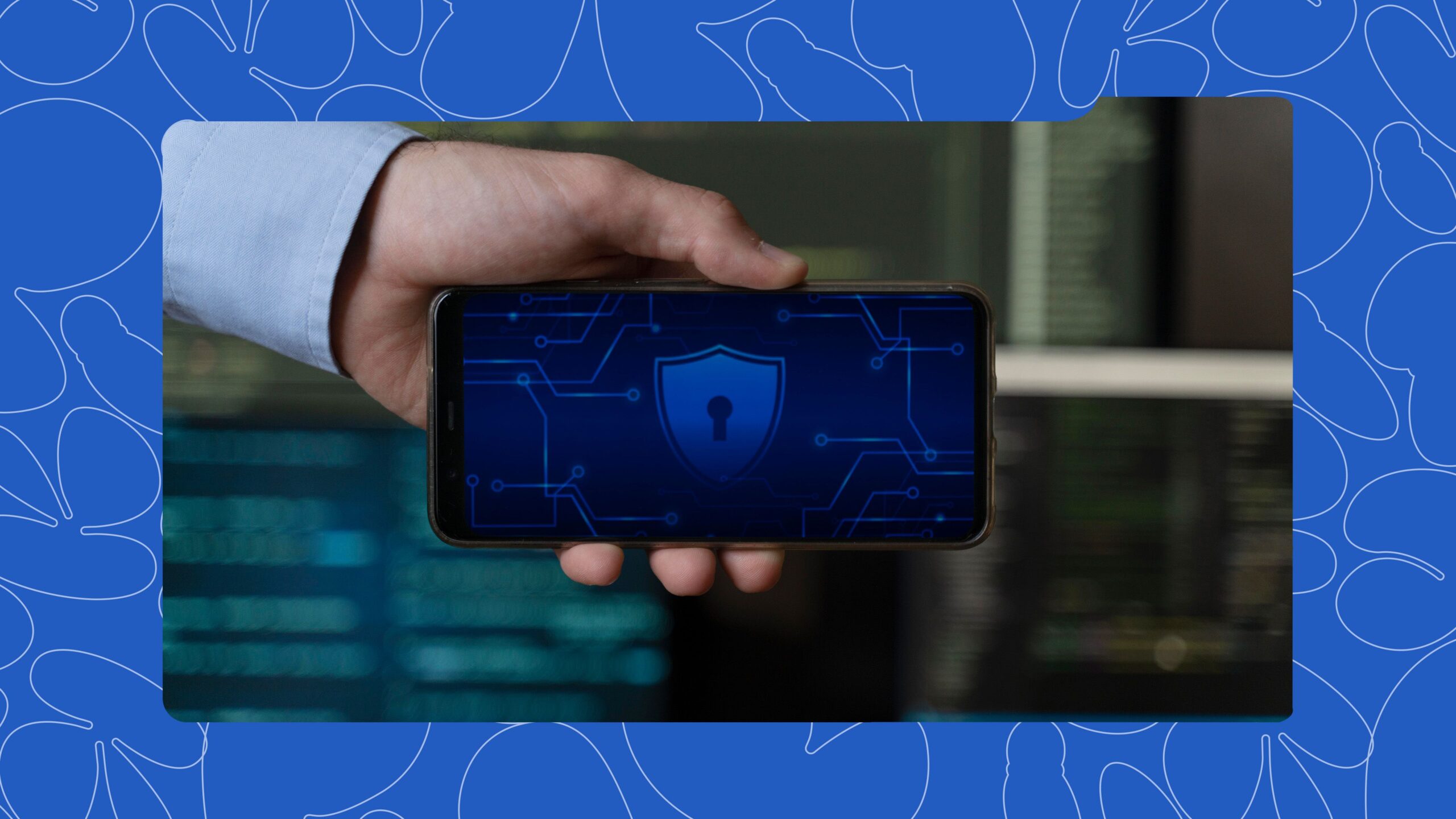
Bank fraud is becoming increasingly bold in Nigeria. You’d find fake bank staff calling you the moment you open an account to links that clone your login details. Scammers are doing the most, and too many people fall for it.
You’re already a target if you use mobile banking, transfer money via apps, or even withdraw from ATMs. But with the right habits, you can stay seven steps ahead. Here are proven ways to protect your money and avoid waking up to a zero balance.
1. Never Share Your ATM PIN or App Password
Many people still share their ATM PINs or passwords with friends, family or strangers pretending to be bank workers. Once someone has that information, your account is wide open.
Scammers often pose as bank staff and claim they need your PIN or password to “verify” something. It’s a lie. No real bank staff will ever ask for those details, not on the phone, via WhatsApp, or even in person.
If anyone asks, end the conversation and report the number to your bank.
2. Don’t Use Easy-to-Guess Passwords or PINs
Your date of birth, “1234”, or your middle name is not a safe password. If a scammer gets access to your phone, those are the first things they’ll try.
Use a strong, unique password for your banking app. Combine upper and lower case letters, numbers, and symbols. If that feels hard to remember, use a password manager like 1Password or Bitwarden to store your details securely.
You can download Bitwarden for free on Android from the Google Play Store or iOS from the App Store.
Related: Lost Your Phone? Here’s How to Block Your Bank Account Instantly
3. Enable Two-Factor Authentication (2FA)
Even if your password gets compromised, 2FA acts like a second lock on your bank account. It usually sends a one-time code to your phone or email before granting access.
Most banks and fintech apps in Nigeria, like GTBank, AccessMore, Kuda, and PalmPay, support this feature. Just go to your app’s settings and turn it on, it’s usually under “Security” or “Login Options.”
Alternatively, apps like Google Authenticator are safer than regular SMS codes because scammers can intercept text messages or swap your SIM. Authenticator apps generate codes directly on your phone, making them harder to hack.
Download Google Authenticator on Android from Google Playstore or iOS from the App Store for free.
4. Don’t Use Fingerprint Login on Your Banking App
It sounds convenient, but it’s not always safe. If someone steals your phone, they can add their fingerprint and use it to access your apps. It’s happened before, and it’s easier than you think.
Unlike passwords stored in your mind, fingerprints can be changed or overridden if your phone is unlocked. That’s why some armed robbers now force victims to unlock their phones or add new prints.
Use passwords or PINs for banking apps. They offer better protection against phone theft.
5. Disable ATM Withdrawals on Your Main Account
Nigerian banks like Kuda allow you to turn off ATM access or freeze your card directly from the app. Use this to your advantage.
Keep your savings or salary in an account without card access. Then, move small amounts into a separate current account only when you need to withdraw or pay for something.
This way, the scammer can’t access your main balance even if your ATM card is cloned or stolen.
6. Avoid Public Wi-Fi for Anything Banking-Related
Public Wi-Fi in cafes, malls, or airports can expose you to hackers. It doesn’t take much technical skill to intercept data on open networks.
If you ever have to use public Wi-Fi, never open your bank app, make online purchases, or enter your card details. Use your mobile data instead; it’s far safer.
You can also install security apps like Eset Mobile Security to help scan for risky connections and block malicious sites.
As with most security apps, the premium version is mostly advisable because of the many features and glitch-free options included. Eset’s premium price for one mobile is ₦7,000, but you can also download the free version here.
7. Ignore Calls Claiming To Be From the Bank
One of the most common scams in Nigeria happens right after you open a new bank account. A call comes in. The person says they’re from your bank and need your BVN or card details to “complete your registration.”
It sounds official, but it’s a scam. Banks never request this type of information over the phone. If unsure, visit your bank branch or call the verified number on your bank’s official website or app.
Also, avoid saving sensitive information like BVN, card numbers, or app passwords in your notes or WhatsApp chats. Those details can be used instantly if your phone is ever hacked or stolen.
What You Do Now Can Save You Later
Scammers count on your carelessness. They know most people don’t bother changing passwords, enabling 2FA, or turning off fingerprint login.
But it’s these exact steps that could keep your money safe. Take a few minutes today to open your banking app, review your security settings, and make the necessary changes.
In this economy, every naira matters. Don’t let a scammer take yours.
